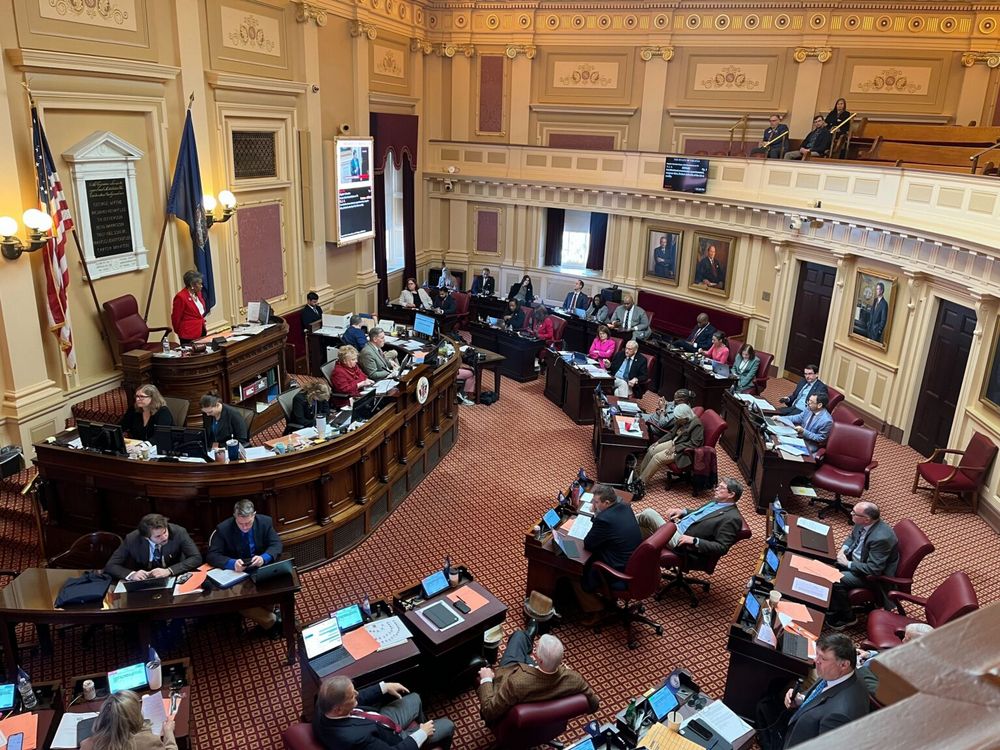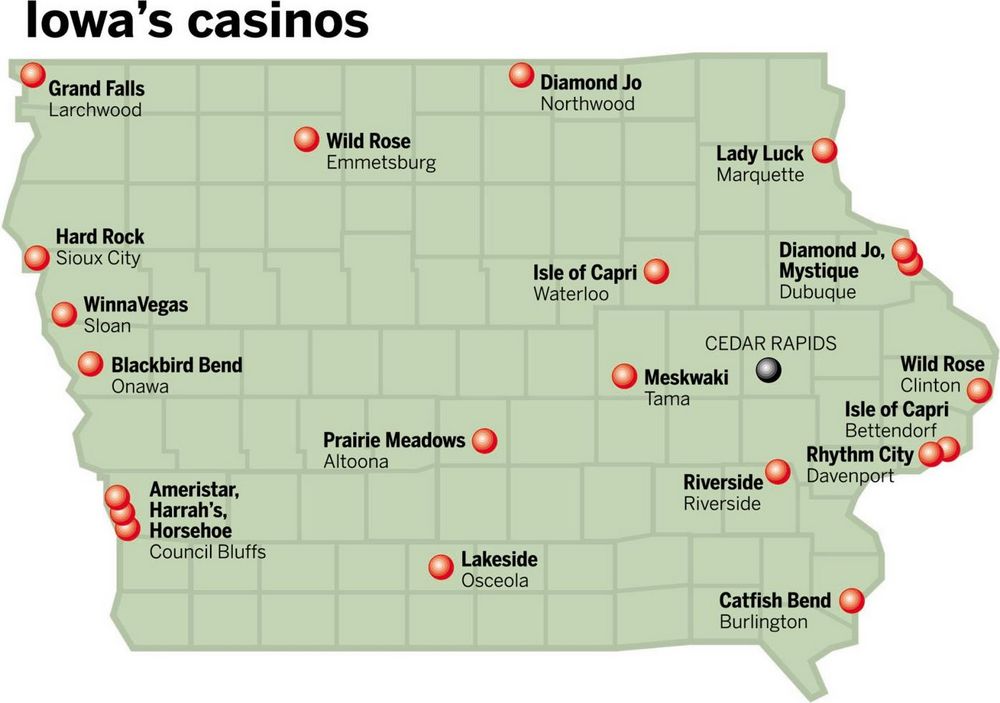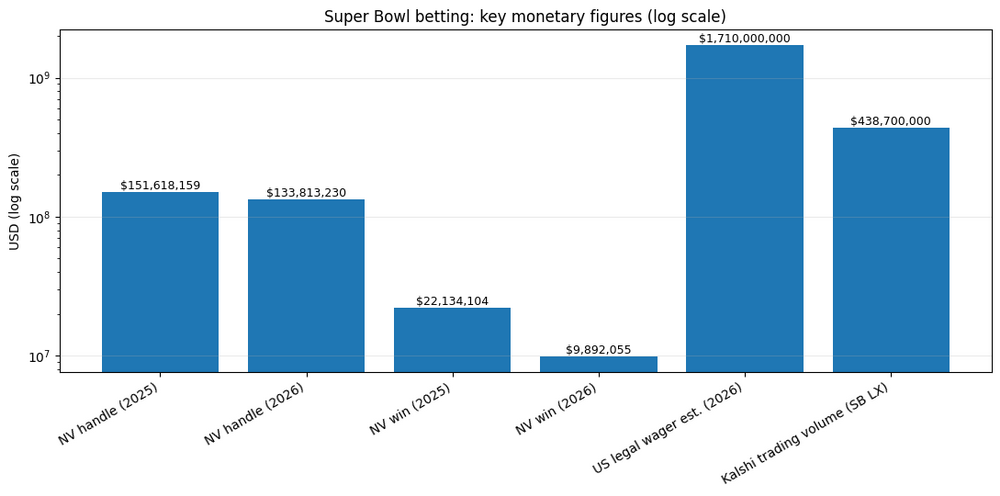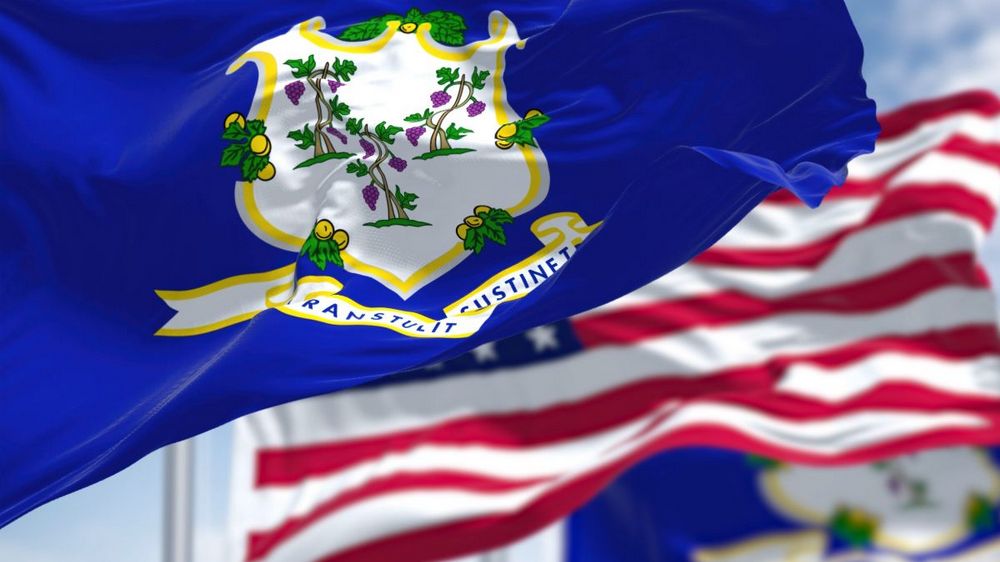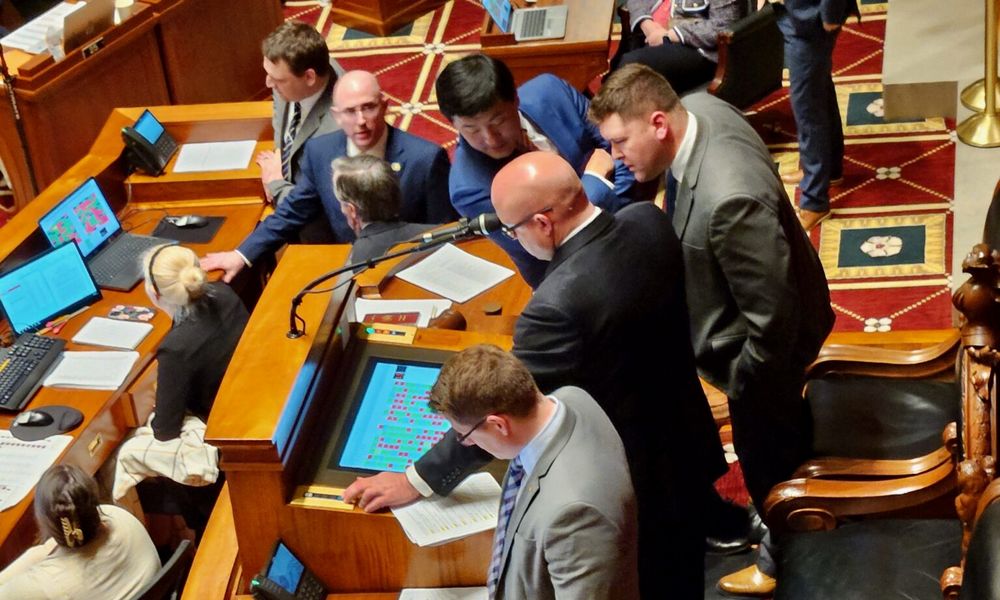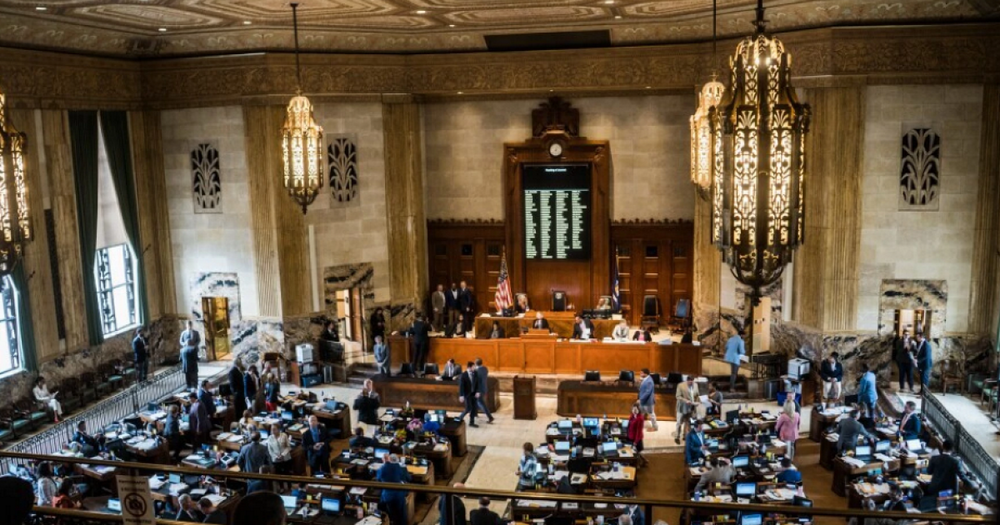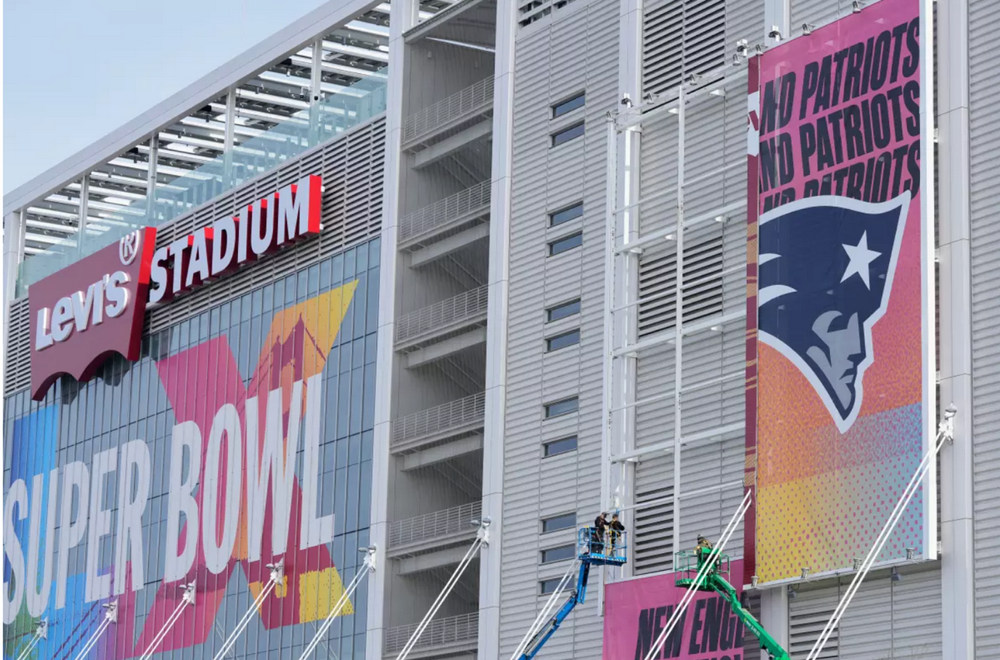Canada's gaming regulators are tightening the screws, and U.S.-based sportsbooks could be the next to feel the chill.
This week, Ottawa reintroduced an advertising reform bill aimed at reining in sports betting promotions, while provinces like Manitoba and Alberta are actively seeking injunctions against offshore operators like Bodog, citing violations of provincial law. But beyond responsible advertising or local enforcement, insiders point to something bigger: the brewing Canada–U.S. trade tension that could reshape access to Canada’s growing betting market.

A Canadian lawmaker is renewing his efforts to implement a national Canada sports betting ad framework. Sen. Marty Deacon last week reintroduced Bill S-211, “An Act respecting a national framework on sports betting advertising.” A previous effort stalled after Prime Minister Justin Trudeau resigned, marking the end of the legislative session.
The bill would require the establishment of a national framework for sports betting ads in Canada.
While the bill does not yet explicitly block U.S. operators, several legal experts have warned that a restrictive interpretation could effectively bar companies headquartered in the United States, especially as retaliation for escalating U.S. tariffs on Canadian goods.

“There’s concern that Canada’s regulatory posture is moving from ‘guardrails’ to outright protectionism,” noted Toronto-based attorney Michael Cohen, who specializes in gaming law.
Prairie power play: Alberta takes aim at Canada’s digital gaming market
Bodog’s case underscores this shift. Though previously allowed in a gray zone, the injunction filings by both Manitoba and Alberta assert that Bodog’s operations are “contrary to the laws and interests of the province.” This could set precedent for blocking other cross-border platforms, particularly if they're seen as exploiting regulatory loopholes.
Is Alberta the new gold rush for Canadian gaming?
Meanwhile, major U.S. operators like DraftKings and FanDuel—already navigating restrictive ad rules in Ontario—now face uncertainty in other provinces as well. Should the federal government hint at stricter ownership or operational requirements, a functional ban on foreign sportsbooks could emerge, dressed in regulatory language.
Everybody praying for Alberta Sports betting approval this year.
As Canada asserts its regulatory autonomy, the message is clear: the border is back—and this time, it’s business.














